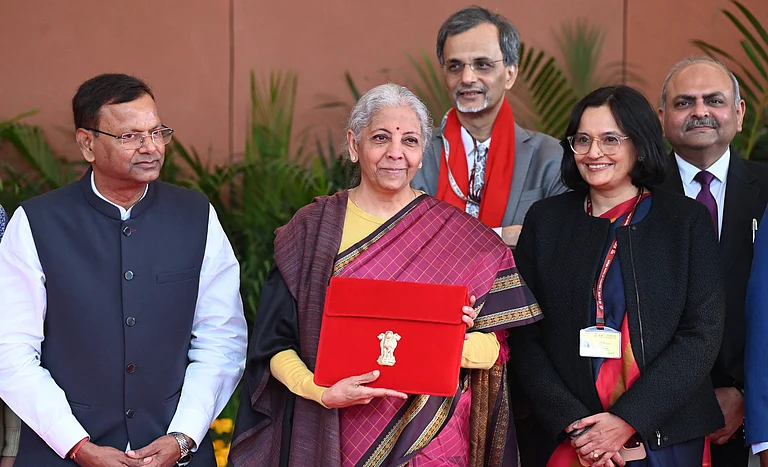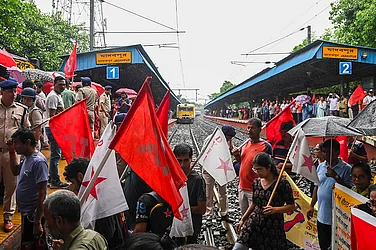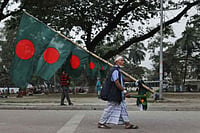Meeting the needs and fulfilling the aspirations of four "major castes" -- the poor, women, the youth and farmers -- of the country are the government's highest priority, Finance Minister Nirmala Sitharaman asserted on Thursday.
Presenting the interim budget for 2024-25, she said the government is working with an approach to ensure development that is all-round, all-pervasive and all-inclusive. "It covers all castes and people at all levels. We are working to make India 'Viksit Bharat' by 2047. For achieving this goal, we need to improve people's capability and empower them," she said.
There is a need to focus on "four major castes" that are "garib" (the poor), "mahilayen" (women), "yuva" (the youth) and "annadata" (the farmer), Sitharaman said and asserted that their needs, aspirations and welfare are "our highest priority". "The country progresses, when they progress. All four require and receive the government's support in their quest for better their lives. Their empowerment and wellbeing will drive the country forward," the finance minister said in her pre-election budget.
She said that earlier, social justice was mostly a "political slogan". For this government, social justice is an effective and necessary governance model, Sitharaman said.
"The saturation approach of covering all eligible people is the true and comprehensive achievement of social justice. This is secularism in action, reduces corruption and prevents nepotism. There is transparency and assurance that benefits are delivered to all eligible people," she said.
Sitharaman said that now resources are distributed fairly. "All, regardless of their social standing, get access to opportunities. We are addressing systemic inequalities that had plagued our society. We focus on outcomes and not on outlays so that the socio-economic transformation is achieved," she said.









.jpeg?auto=format%2Ccompress&fit=max&format=webp&w=768&dpr=1.0)
















